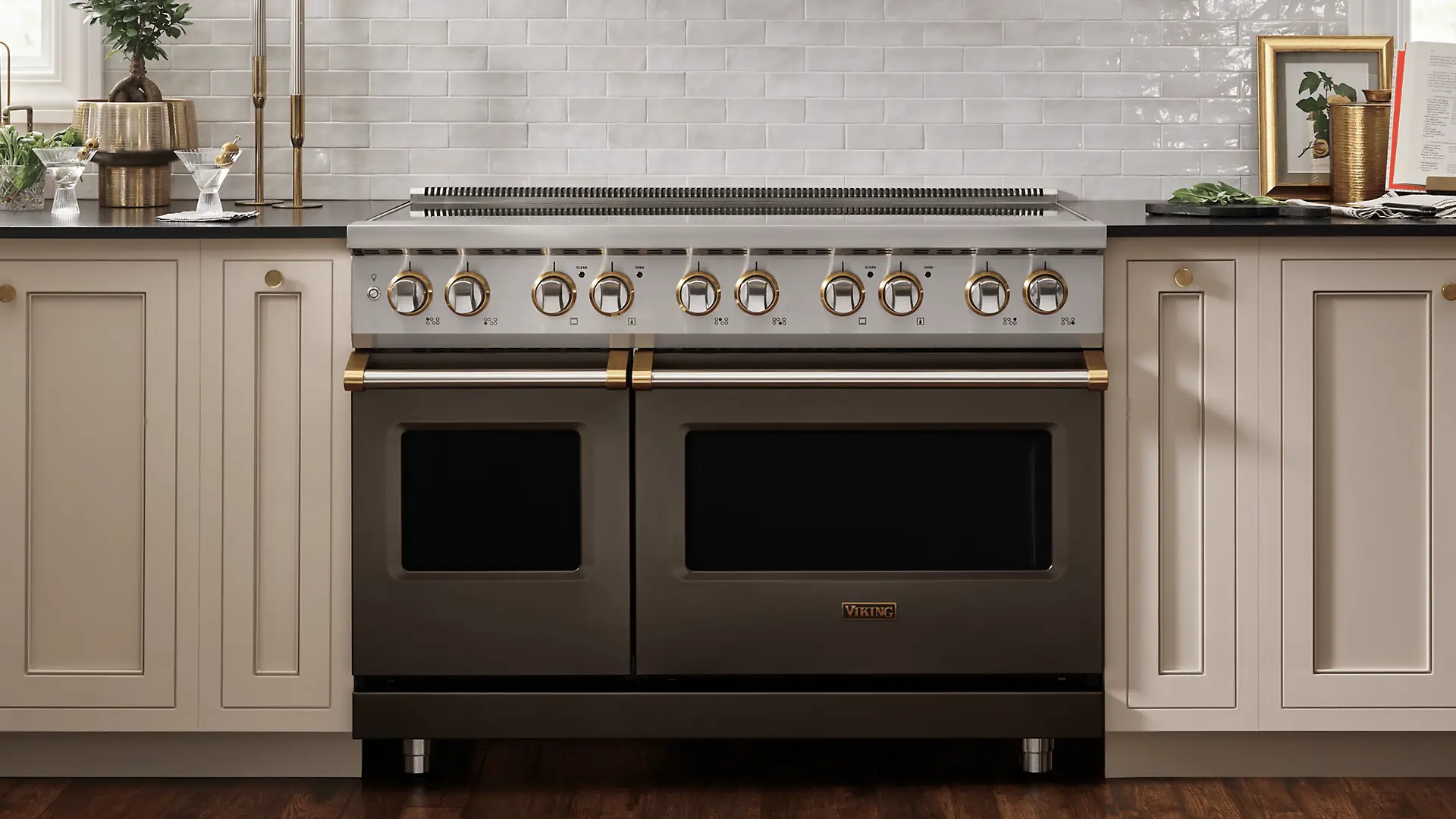For Texas homeowners who’ve invested in Wolf’s premium appliances, maintaining these culinary masterpieces requires more than casual attention—especially given the state’s unique climate challenges.
As Wolf appliances continue to represent the pinnacle of American-made kitchen equipment, a structured maintenance approach becomes crucial for preserving their performance and longevity.
Understanding the Texas Challenge
The Lone Star State’s climate presents distinct challenges for high-end appliances. From Houston’s notorious humidity to Dallas’s temperature extremes, Wolf appliances require specialized care to maintain their professional-grade performance. This comprehensive maintenance calendar addresses these regional challenges while ensuring your investment continues to deliver the exceptional cooking experience Wolf is renowned for.
Seasonal Maintenance Blueprint
Winter (December-February)
December: Holiday Preparation
- Conduct comprehensive range and oven inspection
- Verify temperature calibration accuracy
- Clean and test all burners and igniters
- Inspect ventilation systems
January: Post-Holiday Recovery
- Execute deep cleaning protocols
- Check electrical connections
- Assess control panel responsiveness
- Clean or replace ventilation filters
February: System Assessment
- Evaluate gas line connections
- Test safety systems
- Inspect door seals
- Clean convection fans
Spring (March-May)
March: Seasonal Transition
- Perform thorough burner inspection
- Clean and calibrate temperature probes
- Check electronic control systems
- Test ventilation efficiency
April: Deep Cleaning Focus
- Execute detailed interior cleaning
- Polish exterior surfaces
- Inspect and clean griddle surfaces
- Verify proper drainage systems
May: Pre-Summer Preparation
- Optimize cooling systems
- Check electrical component efficiency
- Clean and test convection systems
- Inspect humidity seals
Summer (June-August)
June: Heat Management
- Verify cooling system performance
- Clean and test ventilation systems
- Check electronic component cooling
- Inspect insulation integrity
July: Peak Performance
- Monitor electrical system efficiency
- Test temperature consistency
- Clean and calibrate sensors
- Verify proper ventilation
August: Ventilation Focus
Deep clean ventilation systems
Check filter efficiency
Test airflow patterns
Inspect ductwork connections
### Fall (September-November)
September: Post-Summer Assessment
- Execute comprehensive cleaning
- Check all mechanical systems
- Test electronic components
- Verify safety mechanisms
October: Pre-Holiday Preparation
- Conduct performance testing
- Calibrate temperature systems
- Clean and test all burners
- Inspect control panels
November: Annual Service
- Schedule professional inspection
- Update maintenance records
- Replace worn components
- Verify warranty compliance
Monthly Maintenance Protocols
Gas Range Maintenance
Weekly tasks include surface cleaning and burner inspection. Monthly maintenance focuses on burner port cleaning and flame pattern verification. Quarterly service should address igniter performance and gas line integrity.
Induction/Electric Range Care
Maintain surface cleanliness daily, inspect control panel monthly, and verify calibration quarterly. Professional calibration is recommended annually to ensure optimal performance.
Dual Fuel Range Requirements
Combine gas and electric maintenance protocols while paying special attention to system integration points. Professional inspection is crucial for these sophisticated systems.
Professional vs. DIY Maintenance
While regular cleaning and basic maintenance fall within homeowner capabilities, Wolf’s sophisticated systems require professional expertise for many services. Factory-certified technicians possess the specialized knowledge and tools necessary for comprehensive maintenance.
Texas Climate Considerations
Humidity Management
- Install dehumidifiers in kitchen areas
- Regular inspection of electronic components
- Verify seal integrity quarterly
- Monitor moisture levels in control areas
Temperature Control
- Ensure proper ventilation during summer months
- Monitor performance during heat waves
- Verify cooling system efficiency
- Check insulation effectiveness
Maintenance Program Benefits
Implementing a structured maintenance program typically reduces repair costs by 30% and extends appliance lifespan by up to 50%. For Texas homeowners, this translates to significant long-term savings and enhanced reliability.
Professional Certification Importance
Wolf’s Premier Partner certification ensures technicians possess comprehensive knowledge of all systems. This certification is crucial for maintaining warranty validity and ensuring optimal performance of your premium appliances.
Creating Your Maintenance Schedule
Develop a personalized maintenance calendar that accounts for:
- Local climate patterns
- Usage frequency
- Specific model requirements
- Professional service intervals
Investment Protection
With Wolf ranges representing a significant investment, proper maintenance becomes crucial for protecting your investment. Annual maintenance costs typically represent less than 2% of the appliance’s value while significantly extending its lifespan.
Looking Ahead
As Wolf continues to integrate advanced technology into their appliances, maintaining these sophisticated systems becomes increasingly important. Regular maintenance ensures your premium appliances continue delivering the exceptional performance that defines the Wolf brand.
For Texas homeowners committed to preserving their Wolf appliances’ performance, professional maintenance isn’t just recommended—it’s essential. Schedule your comprehensive Wolf appliance assessment with certified technicians who understand the unique challenges of Texas climate conditions.
Ready to protect your Wolf appliance investment? Contact Uptown Appliance Repair’s certified technicians for a comprehensive maintenance assessment. Our exclusive 2-year warranty provides peace of mind that your premium appliances are in expert hands.





